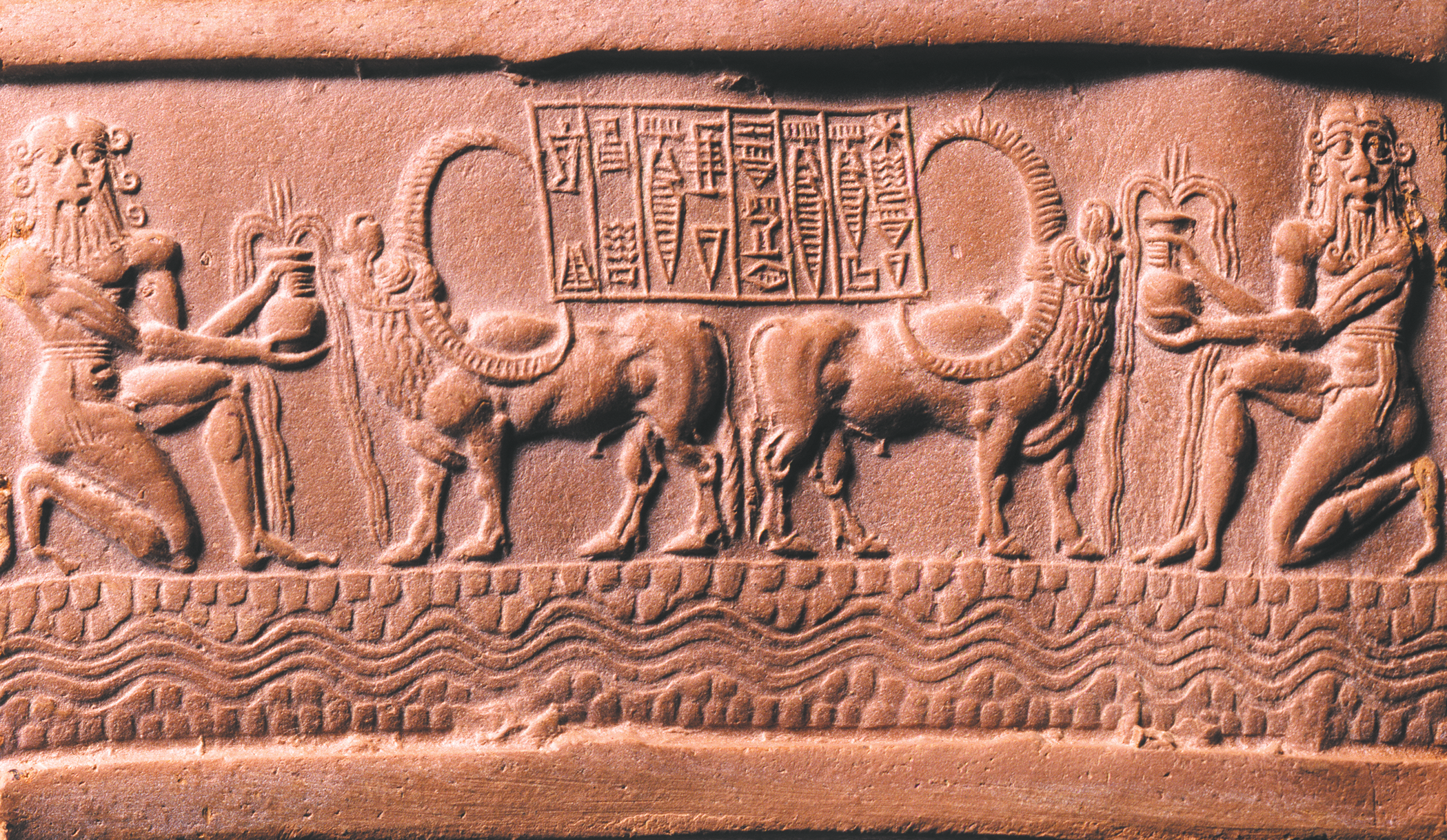Brief overview of the significance of ancient civilizations in shaping human history and culture.
- Geographical and historical context (location, time period).
- Key cities and developments (Sumer, Akkad, Babylon).
- Achievements in agriculture, writing (cuneiform), and governance.
- Cultural and religious practices (gods and myths).
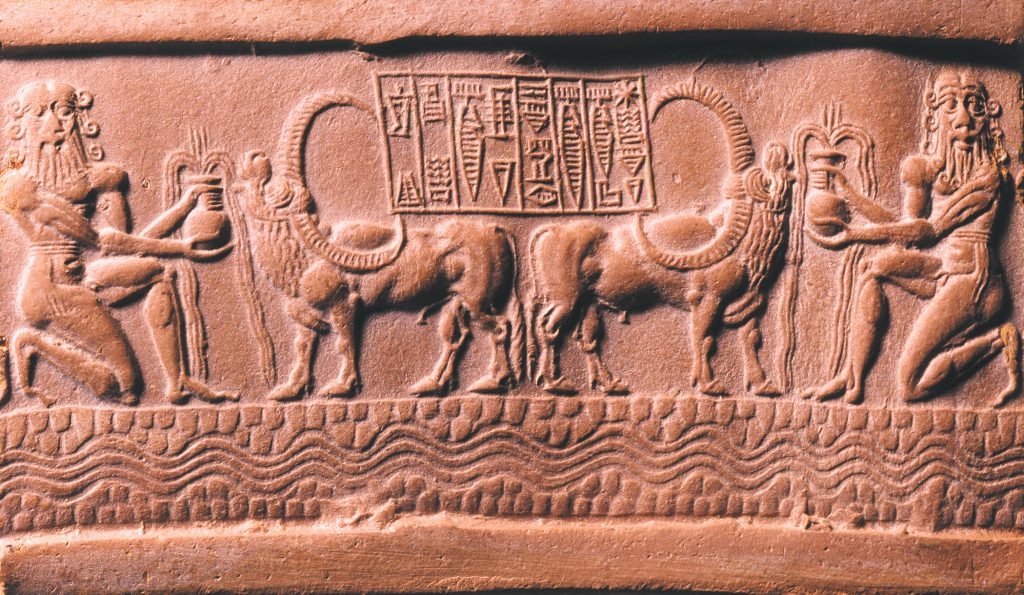
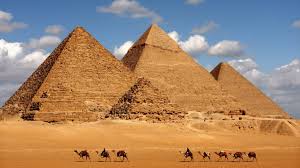
- Geographical and historical context (Nile River, dynastic periods).
- Pyramid building and architectural marvels.
- Religious beliefs (polytheism, pharaoh as divine).
- Contributions to mathematics, medicine, and astronomy.
- Location and major sites (Harappa, Mohenjo-Daro).
- Urban planning and sanitation systems.
- Trade networks and economic activities.
- Writing and script (Indus script decipherment challenges).
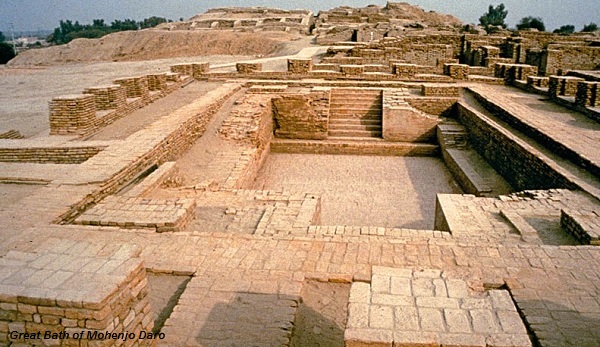

- Early dynasties (Xia, Shang, Zhou).
- Contributions to philosophy (Confucianism, Daoism), governance (Mandate of Heaven).
- Technological advancements (bronze casting, silk production).
- The Great Wall and other architectural achievements.
- City-states (Athens, Sparta).
- Philosophy (Socrates, Plato, Aristotle).
- Democracy and governance.
- Cultural achievements (literature, drama, Olympics).
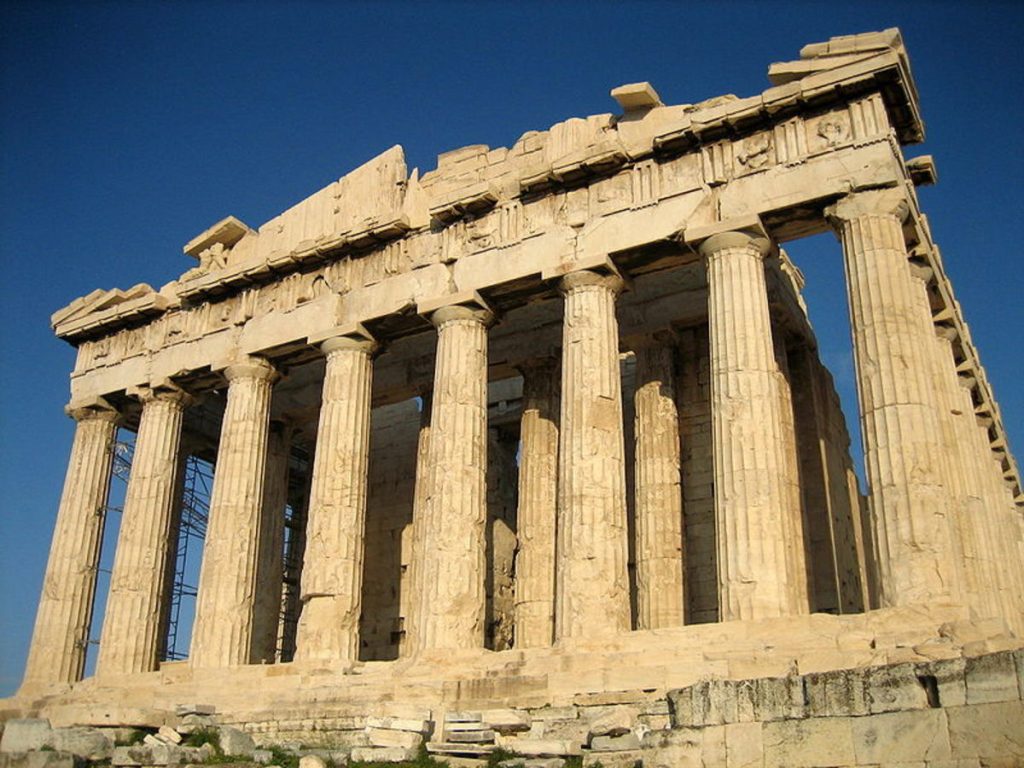

- Rise of Rome and expansion.
- Roman law and governance (Republic vs. Empire).
- Engineering feats (aqueducts, roads).
- Cultural assimilation and legacy.
- Mesoamerican context (Yucatan Peninsula).
- City-states and monumental architecture (pyramids, temples).
- Astronomy and calendar systems.
- Decline and mysterious collapse.
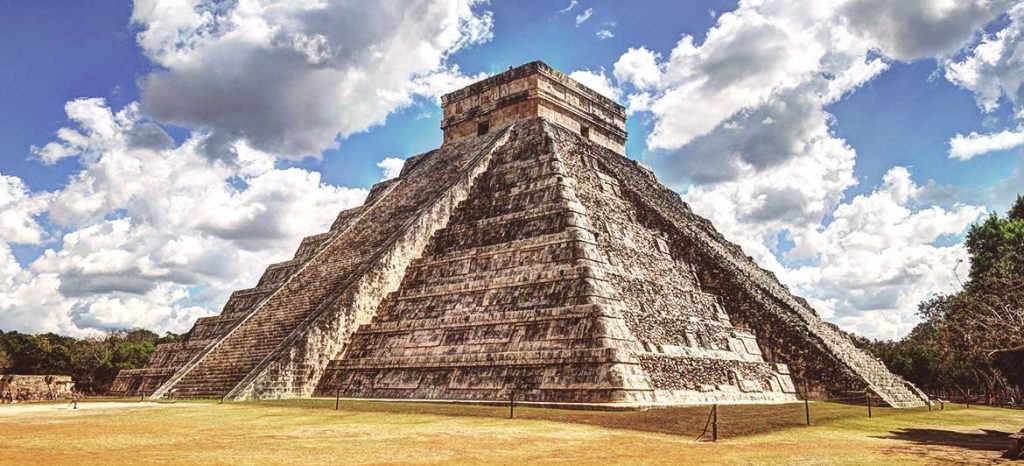

- Andean region (Cuzco, Machu Picchu).
- Administrative organization (road networks, quipu).
- Agriculture and terracing.
- Spanish conquest and the end of the empire.
Conclusion
- Reflection on the enduring legacies of ancient civilizations.
- Importance of preserving and studying ancient history.
- Future research directions and unanswered questions.
Please follow and like us:








